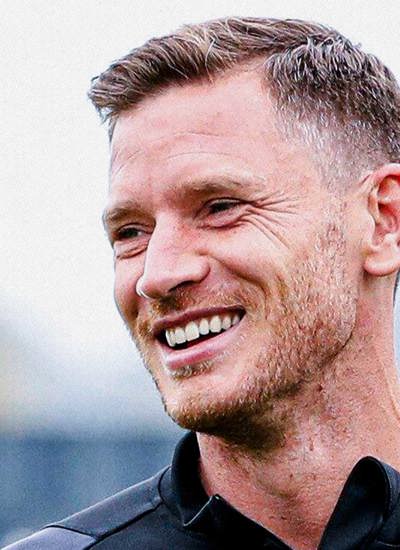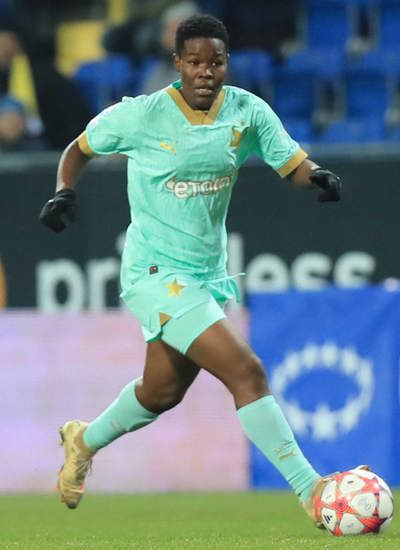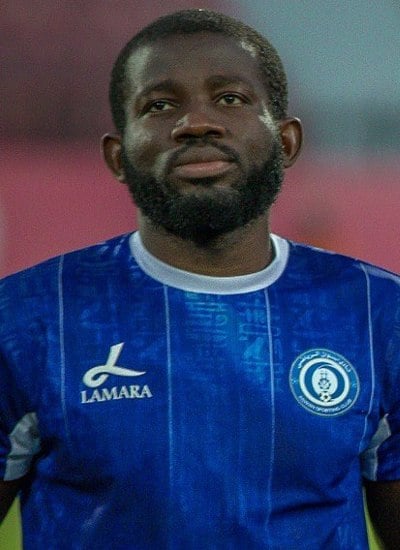
Croatian player union HUNS is working hard to advance the status of women’s players in their country. Women’s membership has increased to 180 players, including over 25 national team players, after HUNS visited all first league clubs.
During those visits, the union’s women football managers Ivana Jukicic and Sandro Soronda asked players to fill out a questionnaire to identify areas where they can improve the players’ working conditions. The main takeaway from the questionnaire, which was filled out by 110 players, was that 90 percent consider themselves to be amateur. The players also indicated problems such as lack of professionalism, finances, media attention and investments.
Izabela Lojna has represented the Croatia national team since 2010, sporting the captain’s armband for the first-time in 2021. The 30-year-old midfielder, who was recognised as the 2021 HUNS Player of the Year following her strong performances for club ZNK Osijek, is a member of the union’s board of active players.
By Izabela Lojna
In five years’ time I hope that women’s football in Croatia reaches the heights of which it is capable. Our players have so much talent, dedication and passion for the game, and it would be wonderful for them to be given the chance to realise their full potential. Unfortunately, we are not there yet – not even close.
It’s not for lack of interest; football is the most popular sport for women in Croatia and we’ve got more young girls getting involved in the game than ever before. When I began, I was the first girl to start playing for my hometown Mill’s Club, and now they have about six on the team. But how do you tell those girls that even if they train hard, chase their dreams, and dedicate their lives to the game, that they still won’t be considered professional players?
For me, there are two very clear steps that need to be taken for women’s football in Croatia to reach the levels of some of our European competitors. First of all, our league needs to be professionalised – and that should go without saying. We are asking players to give their all to a game, with little to no financial compensation. Of course, this means that players have to work another job in order to live. How can they do that as well as completely focusing on football?
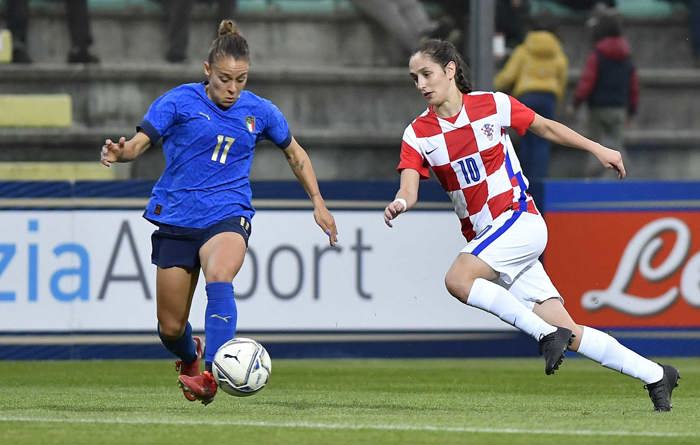
Although I love my job as a police officer, I resent that I need it to support myself and can’t focus entirely on my game. I feel angry seeing my team-mates, these wonderful women, who are not only my friends but now my family, work so hard for so little recognition.
In ways I count myself lucky; I have a great boss who gives me flexibility in my shifts so that I can keep training, and when my playing days are over I have a career that I enjoy to fall back on. But we should be striving for more.
We need better facilities, more experienced trainers, and a fuller staff to help us develop our game and strengthen the competition in Croatia.
Secondly, we need to fuse the women’s clubs with the men’s counterparts. It would give us a fan base to draw upon, financial stability to invest in the places that we need to improve, and the support of the men’s club themselves would be hugely beneficial. If we could just get a little bit of media attention and attract more fans, we would be able to generate our own sponsorship and television deals.
For example, when the men’s team of ZNK Osijek sent their marketing team to create content from our training sessions and our games, we noticed an increase in our fanbase within a week. However, this isn’t the standard across the board. Perhaps only three or four women’s clubs would have access to this kind of coverage – even if it is borrowed.
We’re asking for an equal opportunity, a chance to prove ourselves, and be the best we can be.
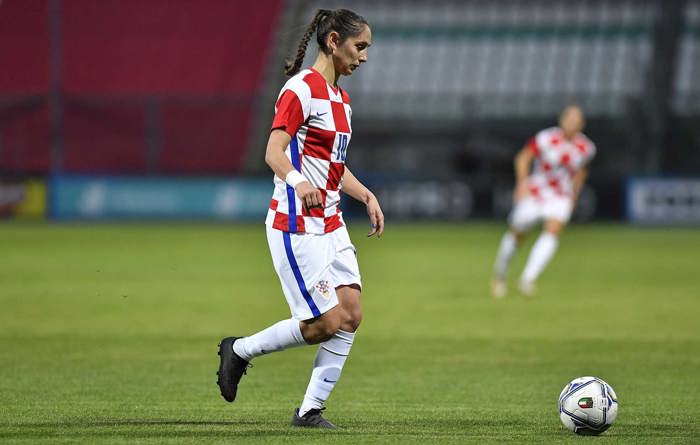
The popularity of football is growing exponentially just now, especially with the success of our men’s national team. It’s such a source of pride for us, and it seems a shame not to use this momentum to promote and support our women’s team also. I feel it myself when I put on my national shirt, and the pride I felt in the two games captaining my country was almost overwhelming. We want to share that feeling with our fans.
Sometimes I feel angry that the women’s game is not where it should be. But I am also hopeful because, although there’s a long fight ahead of us, we have people in our corner – and it’s making a difference bit by bit.
The players’ union is supporting us and giving us space on their social channels, which boosts our platform to voice our opinions and attract new fans. They recognise our efforts with a player of the year award, which I have been honoured to collect in the past and, most importantly, they are on hand to offer us legal support whenever me might need it.
There have been some leadership changes on the national team and the coaching staff are working hard for us to be the best that we can be. This gives me hope.
Five or six years ago there was nobody fighting for us. Now, we have a strong team not just on the pitch, but behind us. That makes all the difference. They are small steps, but they are taking us in the right direction. I hope they lead to a competitive women’s game that we can all be proud of.
